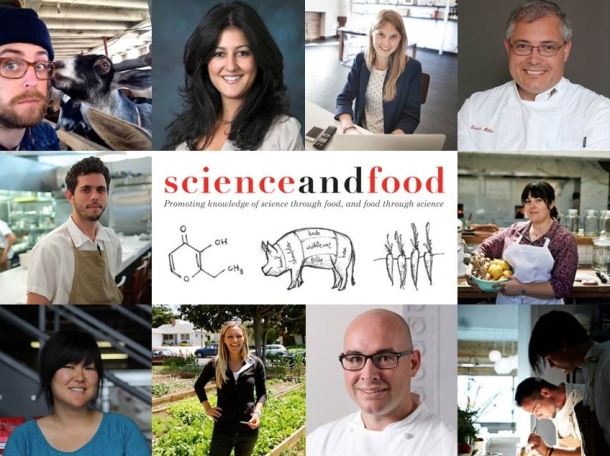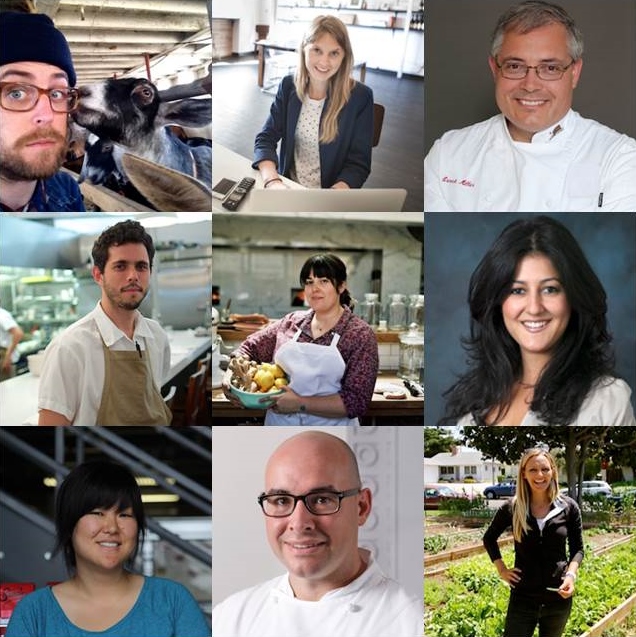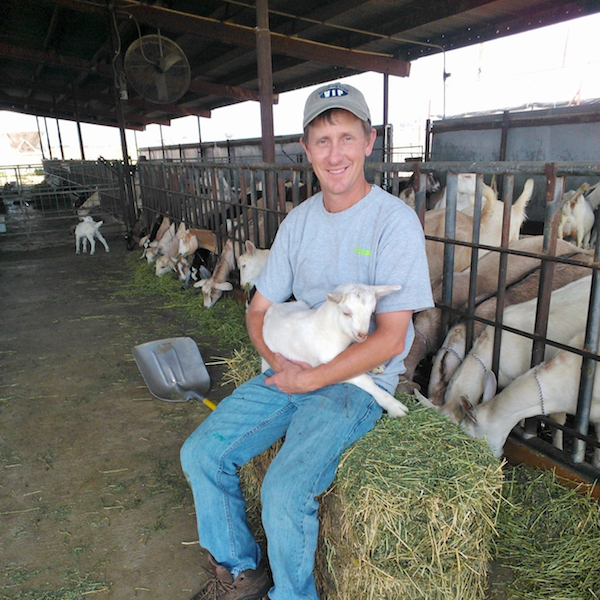Science & Food 2014 Undergraduate Course

This week marks the beginning of UCLA’s Spring Quarter, which can only mean one thing… It’s time for the Science & Food undergraduate course! We have a stellar lineup of chefs and farmers slated for our third annual offering of Science & Food: The Physical and Molecular Origins of What We Eat. Although the course is only open to current UCLA students, we will be posting highlights from the course right here on the blog. Until then, check out this year’s course speakers and brush up on some of the great science we’ve learned in past courses.
And don’t forget: the Science & Food 2014 Public Lecture Series is fast approaching, so be sure to get your tickets before they sell out. Hope to see you all there!
2014 Science & Food Course Lecturers
The Molecules of Food
Eve Lahijani, UCLA School of Public Health
Why Carrots Taste Sweeter in the Winter
Ashleigh Parsons, alma
Ari Taymor, alma
Brian D. Maynard, alma
Courtney Guerra, Courtney Guerra Farms
Molecules from Soil to Plants
Ernest Miller, Master Food Preservers of Los Angeles County
Self-Assembly: From Proteins and Lipids to Cheese
Ole Mouritsen, University of Southern Denmark
Apple Pie 101
Daryl Ansel, UCLA Dining Services
Why Lettuce is Crispy
Andrea Crawford, Kenter Canyon Farms
Meat Texture and Elasticity
Ari Rosenson, CUT
Viscosity: From Physiology to Pie Filling
Nicole Rucker, Gjelina Take Away
Microbes in Food
Alex Brown, Gourmet Imports
The Physiology of Taste
Juliet Han, Espresso Republic
Highlights From Past Science & Food Courses
Why Are Root Vegetables Sweeter in Cold Weather? – Alex Weiser, Weiser Family Farms
Milk: From Breast to Cheese – Dan Drake, Drake Family Farms
The Molecules of Food and Nutrition – Dr. Dena Herman, UCLA Fielding School of Public Health
Viscosity in French Sauces – Josiah Citrin, Mélisse
It’s All About Sugar – Barbara Spencer, Windrose Farm
The Molecules of Food– Jordan Kahn, Red Medicine



